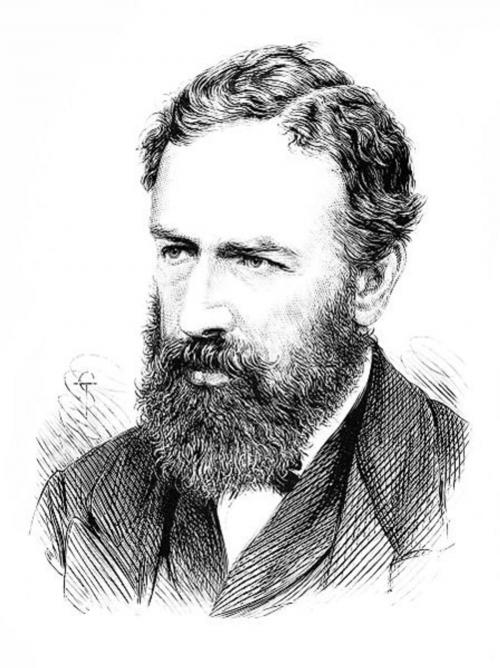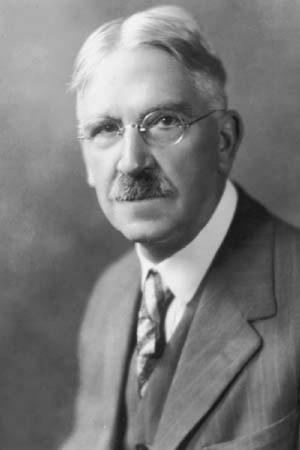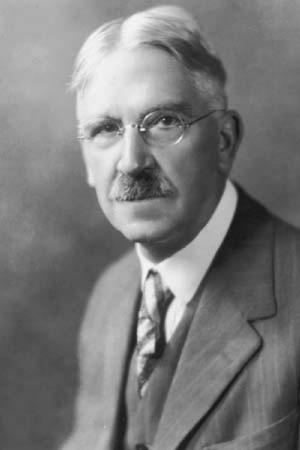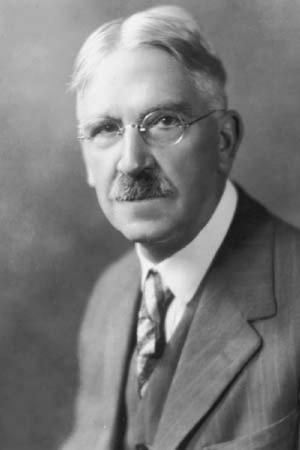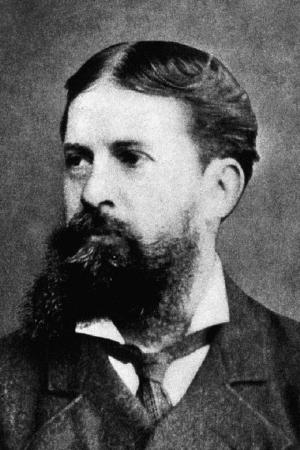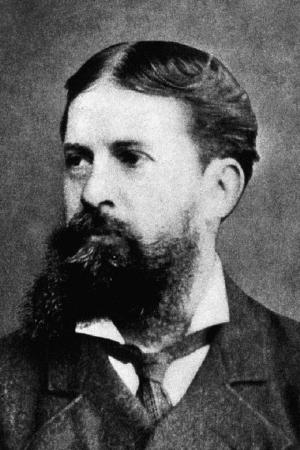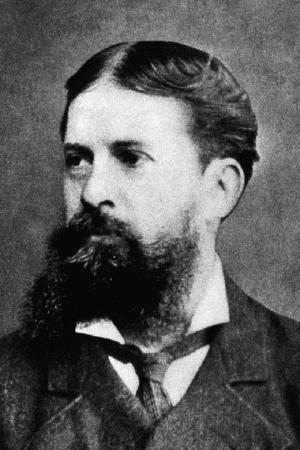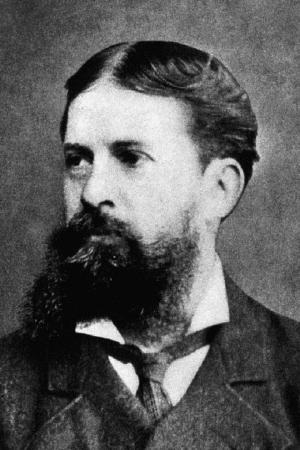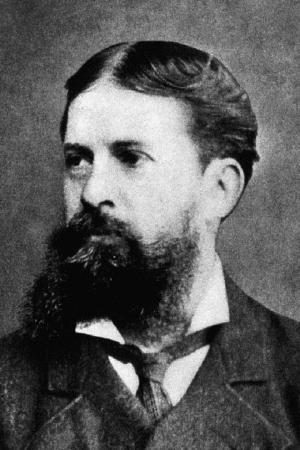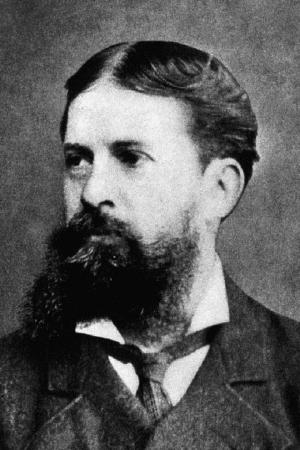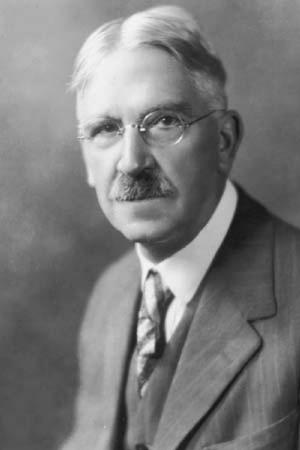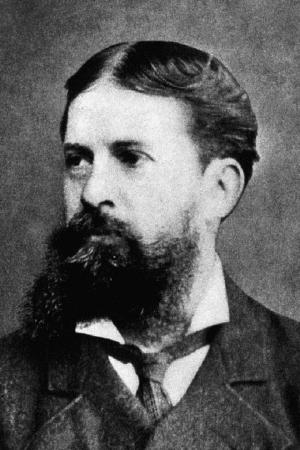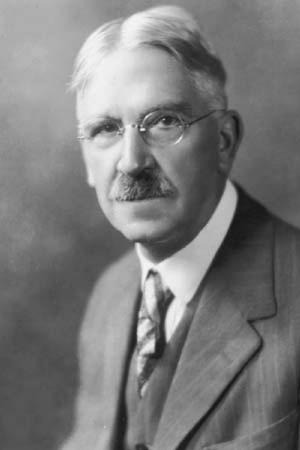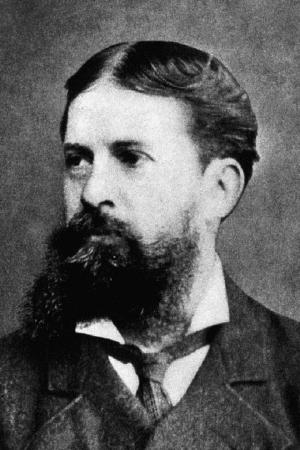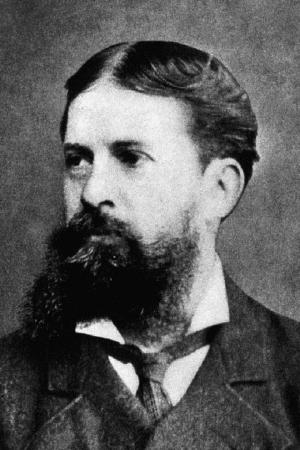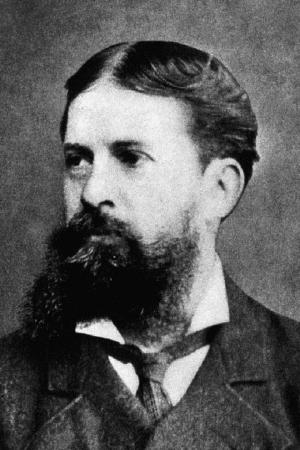William Jevons and Charles Peirce on the Principles and Foundations of Science and Mathematics (Illustrated)
Business & Finance, Economics, Macroeconomics| Author: | William Jevons, Charles Peirce | ISBN: | 1230001439274 |
| Publisher: | Timeless Books | Publication: | November 22, 2016 |
| Imprint: | Language: | English |
| Author: | William Jevons, Charles Peirce |
| ISBN: | 1230001439274 |
| Publisher: | Timeless Books |
| Publication: | November 22, 2016 |
| Imprint: | |
| Language: | English |
William S. Jevons and Charles S. Peirce were two of the brightest philosopher, logician, mathematician and scientist in the world. During the 1870s and 1880s, Charles Peirce took the opportunities of taking him to Europe due to his work with the United States Coast Survey to meet with British mathematicians and logicians whose turn of mind resembled his own, including William Stanley Jevons and Augustus De Morgan. Obviously meeting with William Jevons had produced a strong influence on Charles Peirce and many important papers later published by Peirce were related to the book The Principles of Science by William Jevons.
The book is a classic collection of the important and related works by the two brightest and greatest scientific minds. It has an active table of contents for readers to easy access of each chapter of the following titles:
1. THE PRINCIPLES OF SCIENCE - WILLIAM S. JEVONS
2. THE FIXATION OF BELIEF - CHARLES S. PEIRCE
3. HOW TO MAKE OUR IDEAS CLEAR - CHARLES S. PEIRCE
4. THE DOCTRINE OF CHANCES - CHARLES S. PEIRCE
5. THE PROBABILITY OF INDUCTION - CHARLES S. PEIRCE
6. THE ORDER OF NATURE - CHARLES S. PEIRCE
7. DEDUCTION, INDUCTION, AND HYPOTHESIS - CHARLES S. PEIRCE
8. ON THE LOGIC OF NUMBER - CHARLES S. PEIRCE
9. ON AN IMPROVEMENT IN BOOLE'S CALCULUS OF LOGIC - CHARLES S. PEIRCE
10. ON THE ALGEBRA OF LOGIC - CHARLES S. PEIRCE
11. DESCRIPTION NOTATION FOR THE LOGIC OF RELATIVES - CHARLES S. PEIRCE
12. THE LOGIC OF RELATIVES - CHARLES S. PEIRCE
13. WHAT PRAGMATISM IS - CHARLES S. PEIRCE
14. ISSUES OF PRAGMATICISM - CHARLES S. PEIRCE
William Jevons invented the logic piano and a mechanical computer that was a pioneer work for modern computer. His important contribution to logic and scientific methods is his masterwork The Principles of Science in 1874. In the book of The Principles of Science, Jevons gave a powerful explanation and discussion of familiar scientific topics that were argued by almost every known Western natural philosopher. He asserted his logic framework as "Doubtless there is in nature some invariably acting mechanism, such that from some fixed conditions an invariable result always emerges. But we, with our finite minds and short experience, can never penetrate the mystery of these existences .... . We are in the position of spectators who witness the production of a complicated machine, but are not allowed to examine its structure. We learn what does happen and what does appear, but if we ask for the reason, the answer would involve an infinite depth of mystery."
In The Principles of Science, Jevons also declared that induction is simply an inverse employment of deduction, developed the general theory of probability, and explained the relation between probability and induction. Using his knowledge of the various natural sciences, he worked out throughout the book to put together the abstract character of logical doctrine with concrete scientific illustrations in great detail.
Max Fisch, a well-known writer, commented Charles Peirce as the follow:
“Who is the most original and the most versatile intellect that the Americas have so far produced? The answer Charles S. Peirce is uncontested, because any second would be so far behind as not to be worth nominating. He was mathematician, astronomer, chemist, geodesist, surveyor, cartographer, metrologist, spectroscopist, engineer, inventor; psychologist, philologist, lexicographer, historian of science, mathematical economist, lifelong student of medicine; book reviewer, dramatist, actor, short story writer; phenomenologist, semiotician, logician, rhetorician and metaphysician.”
The intellectual influence by William Jevons and Charles Peirce has been felt in nearly every field of the humanities and sciences. This book is one of the most important ones about the deepest thoughts of logic and scientific framework by William Jevons and Charles Peirce, two of the greatest thinkers of science and logic on the planet.
William S. Jevons and Charles S. Peirce were two of the brightest philosopher, logician, mathematician and scientist in the world. During the 1870s and 1880s, Charles Peirce took the opportunities of taking him to Europe due to his work with the United States Coast Survey to meet with British mathematicians and logicians whose turn of mind resembled his own, including William Stanley Jevons and Augustus De Morgan. Obviously meeting with William Jevons had produced a strong influence on Charles Peirce and many important papers later published by Peirce were related to the book The Principles of Science by William Jevons.
The book is a classic collection of the important and related works by the two brightest and greatest scientific minds. It has an active table of contents for readers to easy access of each chapter of the following titles:
1. THE PRINCIPLES OF SCIENCE - WILLIAM S. JEVONS
2. THE FIXATION OF BELIEF - CHARLES S. PEIRCE
3. HOW TO MAKE OUR IDEAS CLEAR - CHARLES S. PEIRCE
4. THE DOCTRINE OF CHANCES - CHARLES S. PEIRCE
5. THE PROBABILITY OF INDUCTION - CHARLES S. PEIRCE
6. THE ORDER OF NATURE - CHARLES S. PEIRCE
7. DEDUCTION, INDUCTION, AND HYPOTHESIS - CHARLES S. PEIRCE
8. ON THE LOGIC OF NUMBER - CHARLES S. PEIRCE
9. ON AN IMPROVEMENT IN BOOLE'S CALCULUS OF LOGIC - CHARLES S. PEIRCE
10. ON THE ALGEBRA OF LOGIC - CHARLES S. PEIRCE
11. DESCRIPTION NOTATION FOR THE LOGIC OF RELATIVES - CHARLES S. PEIRCE
12. THE LOGIC OF RELATIVES - CHARLES S. PEIRCE
13. WHAT PRAGMATISM IS - CHARLES S. PEIRCE
14. ISSUES OF PRAGMATICISM - CHARLES S. PEIRCE
William Jevons invented the logic piano and a mechanical computer that was a pioneer work for modern computer. His important contribution to logic and scientific methods is his masterwork The Principles of Science in 1874. In the book of The Principles of Science, Jevons gave a powerful explanation and discussion of familiar scientific topics that were argued by almost every known Western natural philosopher. He asserted his logic framework as "Doubtless there is in nature some invariably acting mechanism, such that from some fixed conditions an invariable result always emerges. But we, with our finite minds and short experience, can never penetrate the mystery of these existences .... . We are in the position of spectators who witness the production of a complicated machine, but are not allowed to examine its structure. We learn what does happen and what does appear, but if we ask for the reason, the answer would involve an infinite depth of mystery."
In The Principles of Science, Jevons also declared that induction is simply an inverse employment of deduction, developed the general theory of probability, and explained the relation between probability and induction. Using his knowledge of the various natural sciences, he worked out throughout the book to put together the abstract character of logical doctrine with concrete scientific illustrations in great detail.
Max Fisch, a well-known writer, commented Charles Peirce as the follow:
“Who is the most original and the most versatile intellect that the Americas have so far produced? The answer Charles S. Peirce is uncontested, because any second would be so far behind as not to be worth nominating. He was mathematician, astronomer, chemist, geodesist, surveyor, cartographer, metrologist, spectroscopist, engineer, inventor; psychologist, philologist, lexicographer, historian of science, mathematical economist, lifelong student of medicine; book reviewer, dramatist, actor, short story writer; phenomenologist, semiotician, logician, rhetorician and metaphysician.”
The intellectual influence by William Jevons and Charles Peirce has been felt in nearly every field of the humanities and sciences. This book is one of the most important ones about the deepest thoughts of logic and scientific framework by William Jevons and Charles Peirce, two of the greatest thinkers of science and logic on the planet.
